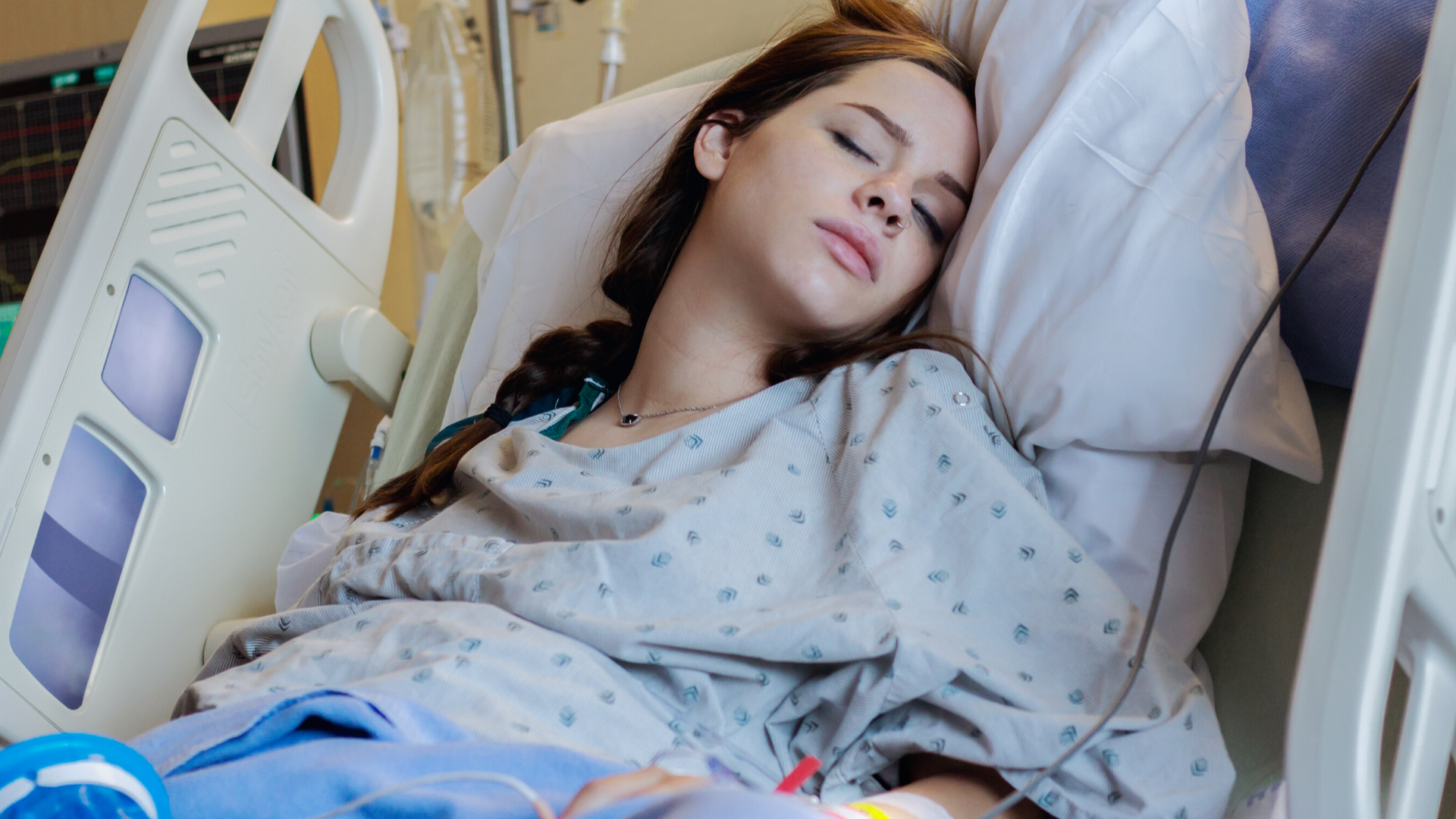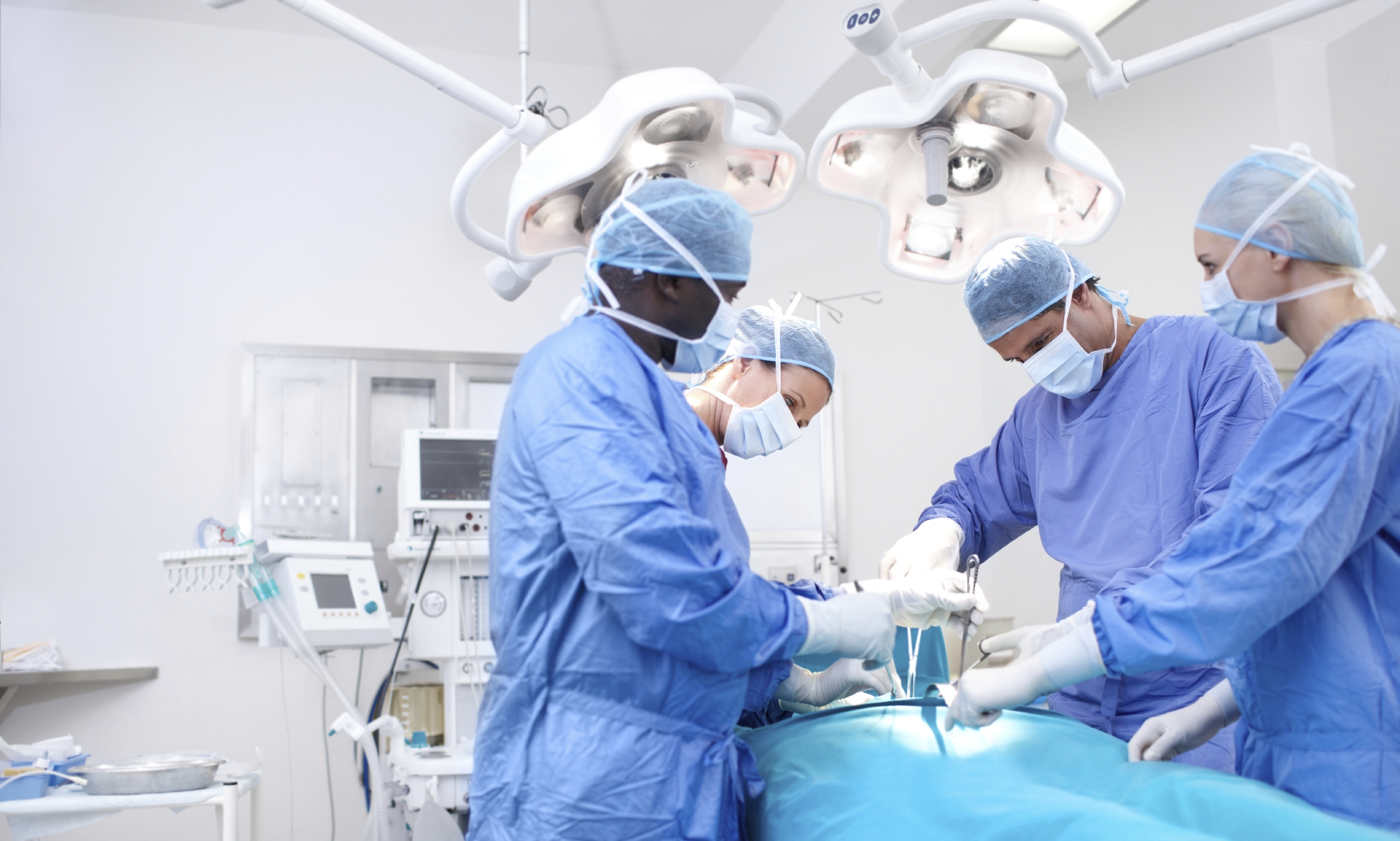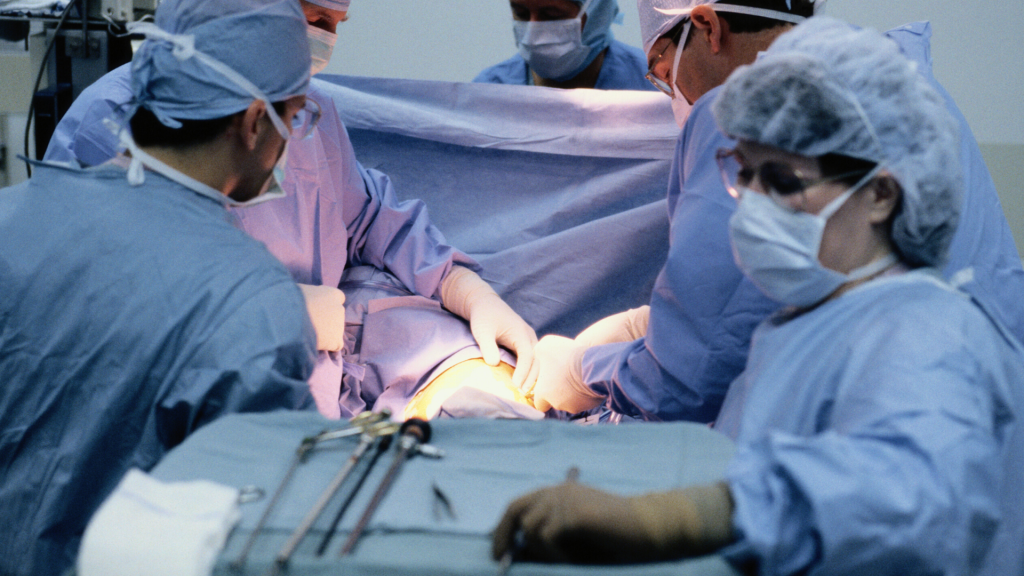
Surgery
Surgery involves making a cut in your body to remove tissue.
On this page:
What is surgery?
Surgery involves making a cut in your body to remove tissue. Surgery can be done:
- To remove a tumour.
- To take a sample of tissue from your body. This is called a biopsy and it’s used to help to diagnose cancer.
- To repair or reconstruct an area of your body after surgery to remove a tumour.
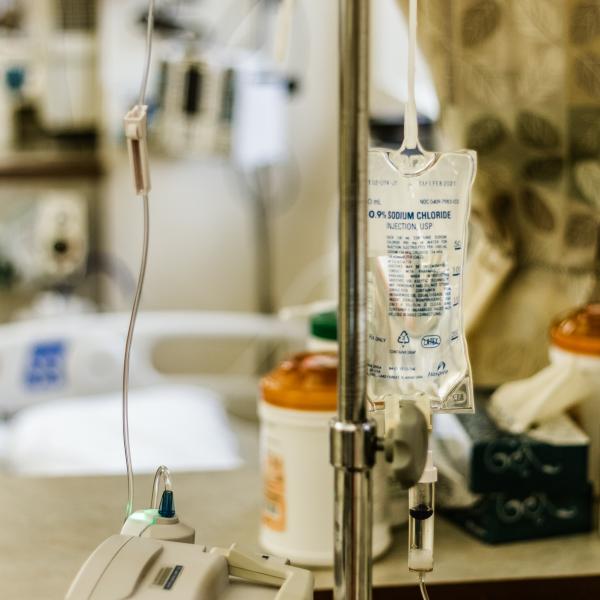
Will I have an anaesthetic?
Depending on the type of surgery, you may have a general anaesthetic to put you to sleep or a local anaesthetic, which numbs the area.
Will I have to stay overnight in hospital?
It depends on the type of surgery – for some surgeries you will go home the same day. For others, you may have to spend a night or a few days in hospital. For example, if you have surgery to your digestive system, you may stay in hospital until you can eat again.
What type of surgery will be used for my cancer?
Surgery to remove a tumour is used for most cancers that haven’t spread. The type of surgery depends on the cancer type, as well as where the cancer is and your general health. To find out more about how surgery is done, look up your own cancer type.
Surgery to treat cancer
Surgery aims to remove the cancer from your body. If the cancer is only in one place, surgery can often cure it. In general, the earlier a cancer is found, the easier it is to remove it.
As well as the tumour, your surgeon will remove some tissue around it, in case any cancer cells have spread there. The area around the tumour is called the margin. Your surgeon may also remove lymph nodes around the tumour area. Again, this is because they may contain cancer cells if the cancer has started to spread. The cells from the margin and / or lymph nodes will be examined after surgery to see if they have cancer cells in them. If they do, you may have other treatments such as radiotherapy or chemotherapy.
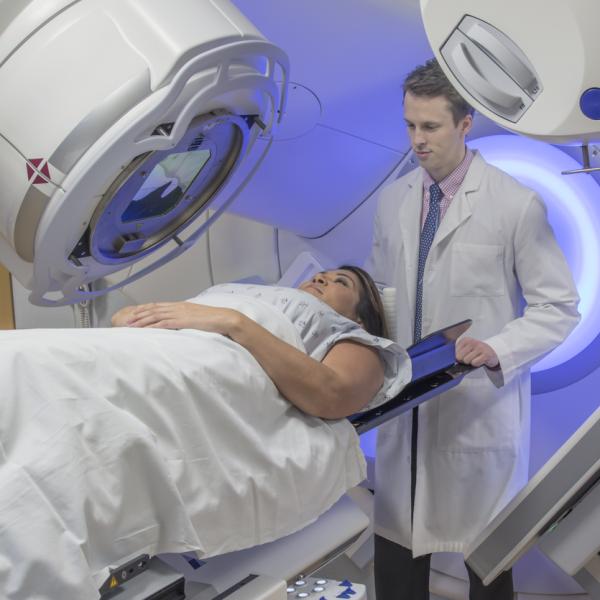
Treatment before surgery
Sometimes you will have treatment before surgery to shrink the cancer so it’s easier to remove. For example, radiotherapy or chemotherapy. This is called neo-adjuvant treatment.
How is surgery done?
The two main types of surgery are open surgery and keyhole surgery:
Open surgery
Open surgery means making a cut (incision) in your body. Your surgeon removes the tumour or other tissue through this cut.
Keyhole surgery (laparoscopic surgery)
Keyhole surgery usually involves making a few small cuts in your body. Your surgeon will put a tube with a tiny telescope and light inside your body through a very small cut. Special instruments can then be used to remove the tumour. There is usually a quicker recovery with keyhole surgery and you may spend less time in hospital than with open surgery.
Keyhole surgery is not suitable for everyone, and is not available in all hospitals. Your consultant will tell you if it’s an option for you.
Surgery to reconstruct or repair
You may have more surgery to reconstruct or repair damage to your body. For example, if your breast is removed you might have surgery to make a new breast. We have more about breast reconstruction. With head and neck and skin cancers you may need a skin flap to replace skin that has been removed, or for head and neck cancers you may have a prosthesis fitted to replace bones that have been removed. Surgery to rejoin the 2 ends of your bowel so that you don’t need a stoma (stoma reversal) is common after bowel cancer. Read more about stoma reversal.
Surgery to reduce the risk of you getting cancer
Sometimes a part of your body may be removed if you are a high risk of getting cancer there. For example, if you are at high risk of breast cancer, you may have your breasts removed to try to prevent it. This is called prophylactic surgery.
Surgery to help with symptoms
Cancer can sometimes cause symptoms that can be helped by surgery. For example, a blockage caused by prostate cancer can cause urinary problems and a blockage in your digestive system can make it hard to swallow or eat. Cancer pressing on a nerve can cause pain and nerve damage. Surgery to remove the tumour, reduce its size or bypass the blockage can improve symptoms.
More information on surgery
For more information
Phone
1800 200 700

